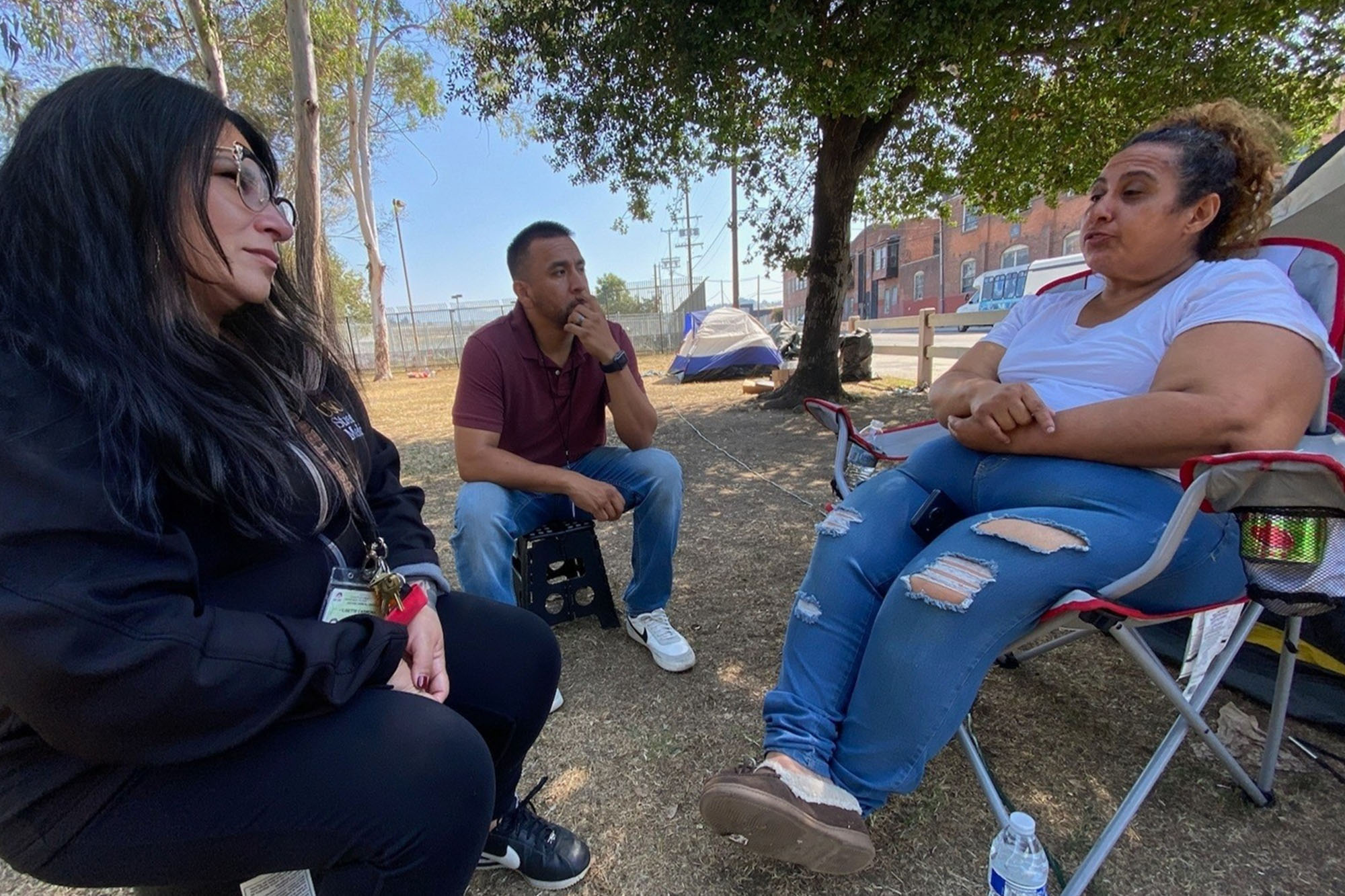When Medicaid was created in 1965, federal law barred it from paying for services for people who are incarcerated. In part because of this policy, when people leave prison, they often experience gaps in care when trying to access health care in their new communities. Both the federal government and many states have been considering Medicaid policy changes so that people leaving incarceration would be covered in the period before they formally leave the correctional system — that is, “pre-release” — helping to ease the connection to their community health care.
In January 2023, California became the first state in the nation to receive federal approval to extend Medi-Cal services to people inside prisons, county jails, and youth correctional facilities in the 90 days prior to their release.
CHCF is supporting The Health and Reentry Project, a national effort that seeks to promote continuity of care between correctional and community settings and maximize the benefits of potential federal Medicaid policy changes.
The project has published three issue briefs exploring proposed changes to Medicaid policy regarding the reentry population:
- Breaking Ground: How California is Using Medicaid to Improve the Health of People Leaving Incarceration (PDF) describes California’s program to provide services to people who are incarcerated just before their release to the community.
- Medicaid and Reentry: Policy Changes and Considerations for Improving Public Health and Public Safety (PDF) provides an overview of health care in the criminal justice system and describes policy changes under consideration to improve Medicaid’s role at reentry.
- Redesigning Reentry: How Medicaid Can Improve Health and Safety by Smoothing Transitions from Incarceration to Community (PDF) outlines key principles for changing Medicaid’s role in reentry. It also proposes a new reentry care model and identifies essential elements for successful implementation of potential Medicaid reentry policies.




